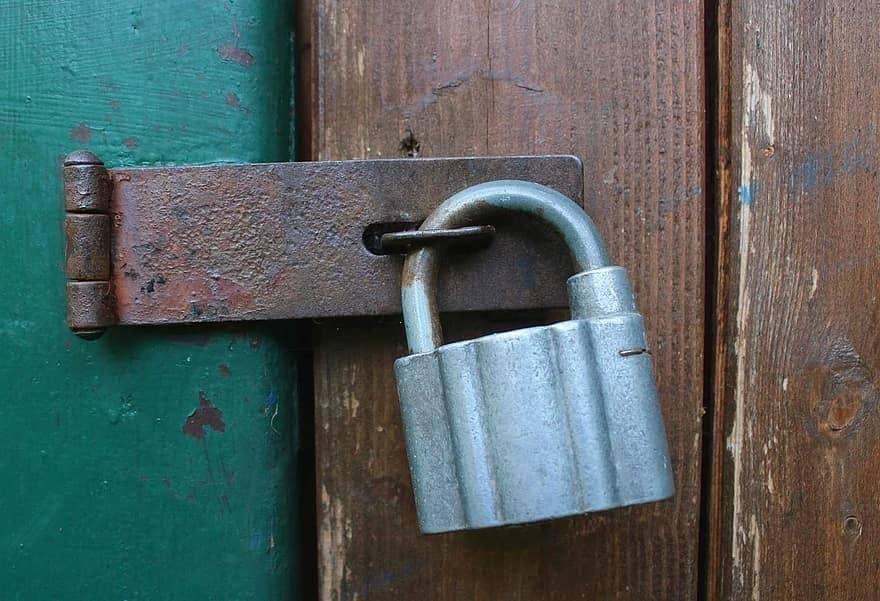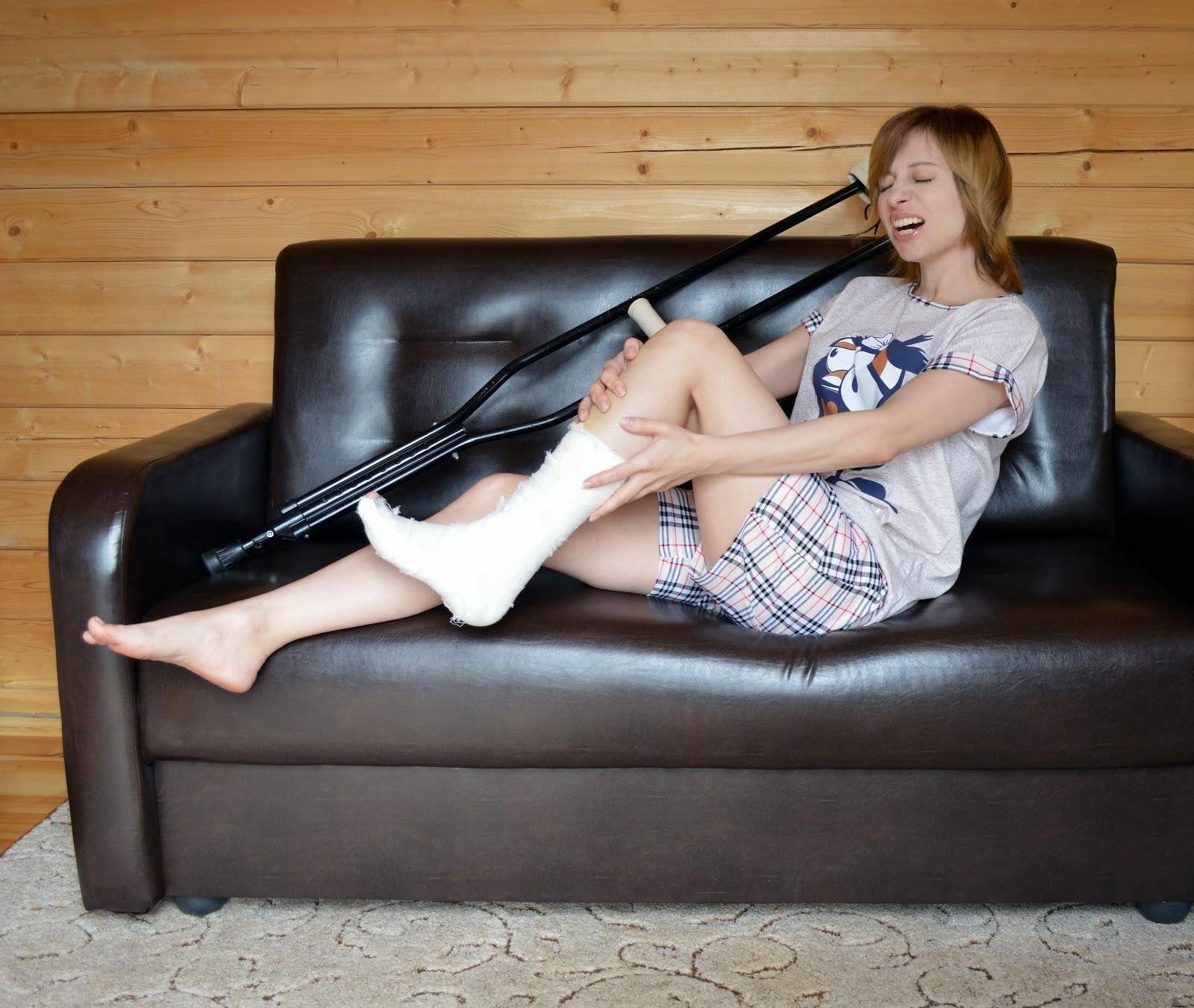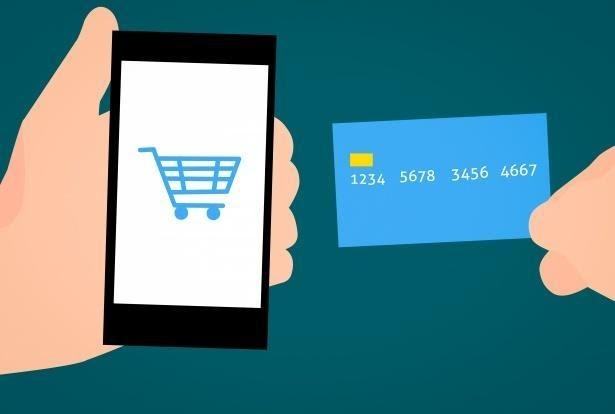What Small Online Retailers Need To Know About Ecommerce Sales Insurance
By Rodney Laws | Business

Whether it’s home insurance, pet cover or travel protection, most of us have at least one type of insurance policy.
However, insurance can feel like an unwanted expenditure for online retailers, particularly new ones that need to use careful cash flow management to make it through their first few years in operation.
But let me ask you this, who foots the bill if any of these things happen?
You and your business. That’s who. Unless, of course, you have online retailer insurance that covers you during normal Mon-Fri business hours and the weekends too. If you have this protection then your insurer foots the bill.
Thinking about whether you need to insure your ecommerce business? You should be and you don’t need to look any further.
We’ve covered why merchants need online retailer insurance, and what you need to consider when shopping around. Hint — the future of your business may depend on it.

Insurance is about paying to protect yourself in the event that something might happen.
And while none of us wants anything bad to happen to ourselves, our families or our businesses, the reality is that terrible things occur each and every day. This leads to misery and loss, both personally and financially.
Financial loss is something that every business has to deal with, regardless of its size, industry, or product. It can hit without warning at any time, night or day Mon-Fri and on the weekends.
Consequently, every business owner (including online retailers) needs to do their bit to protect themselves against potential financial issues.
Getting insurance is about investing in the future security of your business — and protecting your customers in the process.
It’s why online retailer insurance isn’t just an investment in your company — it’s also an investment in your customers.

Financial loss experienced by goods-based businesses comes in a variety of forms, the most common of which is a loss of items during transit. This can happen anywhere in the supply chain, between dispatch from the warehouse right up to point of delivery to the customer.
Accidents happen, but if your products go missing during transit, they need to be replaced. Insurance cover protects your business against this inevitable financial hit of missing inventory.
But what about service-based businesses? Let’s say your small business sells a service, such as project management software. Even a service-based business like this can suffer a setback that requires them to have insurance.
For example, perhaps an employee failed to outline your service’s features fully during the point of sale. As a result, the customer doesn’t receive the product they asked for, and asks for a refund.
And who gives them this refund? Well, it’s not your employee’s responsibility to cover the cost. It’s the employer’s liability and this means you need to compensate your customer. An insurance policy helps deal with this financial hit.
By taking out insurance, you give your small business a safety net that protects it against any unexpected costs. If the worst happens and your business is subjected to a class-action lawsuit, the right insurance could prevent it from going under.

So what kind of online retailer insurance should your small business buy?
There are a plethora of different types, but for a strong blanket option that covers most potential eventualities, choose commercial insurance. This protects your business, company property, and employees, all in one — Mon-Fri, 24/7.
When you buy commercial insurance, consider what you need the insurance for and ensure you have the right level of cover required for your business, particularly when it comes to the issue of liability and property insurance. These are the main types of commercial insurance that small businesses need:
You don’t need to be one of the UK’s leading insurance experts to understand how they can benefit your business, either. Why? Because below we explain what each one is and outline what you should consider when buying yours.

Do you sell goods that have the potential (however small) to cause injury? You need product liability insurance. Say you’re selling electrical items and there’s a fault with one. If this causes physical or emotional (or both) harm to your customer then they can sue you.
You just need to decide what level of lawsuit you want to protect your business against. For instance, is $100,000 enough or do you need $10,000,000? I’d always err on the larger side, because the long-term cost of the premiums will be lower than making up the shortfall in a lawsuit.

Are you selling items? Then you need insurance to protect you against property damage until these items are in your customer’s hands. Because until your customer has them, it’s your business that’s responsible for covering the cost if they’re damaged.
Picture this: you’ve sent out your biggest ever order and the third party company transporting your goods loses or damages them. That puts a big cost on your business because, of course, you need to replace them.
Like liability insurance, you need to be precise when deciding on the required level of property insurance.
From a small business insurance approach, finding the right shipping provider is crucial. Most reliable third-party logistics (3PL) suppliers include negotiable property insurance as standard. You can decide at what point you want packages insured (while in storage, during transit, and so on) and the maximum value to which they are insured. During negotiations, clarify what you’re paying for — many 3PL suppliers provide a carrier liability, which is different from insurance.
Beyond insurance issues, 3PL suppliers also let you limit your overheads, such as removing (at least some of) the need to pay for storage space and/or the delivery of your goods. It also makes it simpler to upscale your business by giving you a global fulfilment network that enables cross-border selling.
Above all else, it lets you know that professionals are dealing with one of the most essential parts of your business – getting your orders to your customers.
If you’ve decided to adopt such a strategy, you may only want to insure items up to $100 or beyond because you use a third-party logistics provider that offers insurance on your goods below that amount. However, the provider may offer no protection for your goods, or you may still deliver some of your goods (high-value ones) yourself and need full coverage for some/part of your stock.

Business interruption insurance could be considered one of the less pressing concerns for small companies. This is because it provides something you really shouldn’t expect during a normal Mon-Fri: loss of income experienced after a natural disaster.
If your company is unfortunate enough to suffer from a natural disaster (such as a fire) then business interruption cover helps you to keep things afloat until you can get back to normal.
Alongside income replacement, you’re also covered for:
And it’s not only fires, earthquakes and tsunamis that you’re covered against. Business interruption insurance can protect you in the event that a civil authority stops you from trading because another company nearby has been damaged. Due to the rarity of such events, you’ll need to refer to the T&Cs of your policy to establish if you’re covered for this eventuality.
One thing to keep in mind is that most business interruption insurance policies don’t provide cover in the event of a pandemic, such as the coronavirus epidemic that spread throughout the world from the beginning of 2020.
We all need some level of cover, whether it’s home insurance to protect against property damage or business interruption insurance to safeguard against loss of income during a natural disaster.
Online retailers are no different. In fact, they may have even more people (their employees and customers) relying on them to keep them and their products safe. This makes the need for having the appropriate cover even more pressing than it is for private individuals.
So, think long and hard about what needs to be covered and then get the appropriate retailer insurance policies to protect your company!
You can learn more about business insurance by watching the video below: